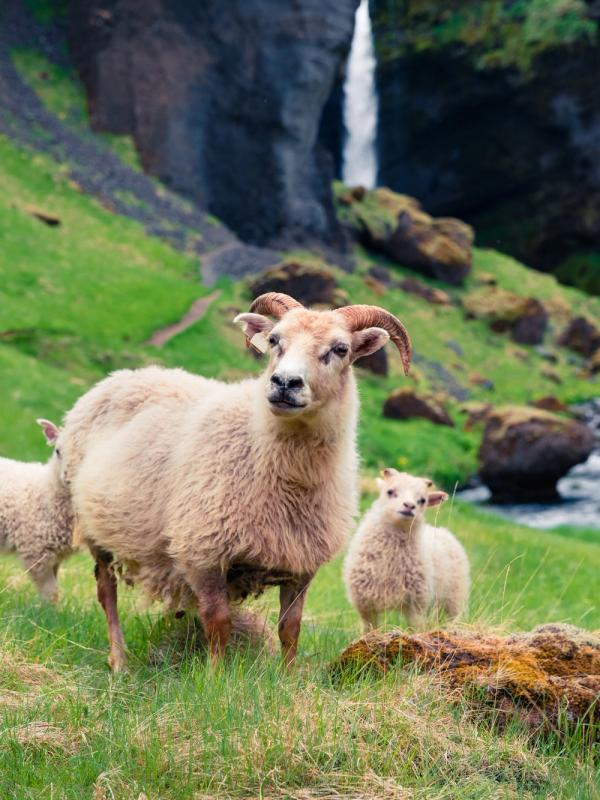
Sheep Wonders: The Role of Icelandic Sheep
Icelandic sheep are a unique breed of sheep that have played a significant role in the history and culture of Iceland. These hardy animals have been a vital part of the Icelandic economy for centuries, providing meat, milk, and wool for the local population. In this article, we will explore the role of Icelandic sheep in Iceland and the wonders of this remarkable breed.
The History of Icelandic Sheep
Arrival in Iceland
The Icelandic sheep is believed to have arrived in Iceland with the first settlers in the 9th century. These settlers brought with them a breed of sheep known as the "short-tailed" sheep, which is thought to be the ancestor of the Icelandic sheep. These sheep were well-suited to the harsh Icelandic climate and quickly became an essential part of the local economy.
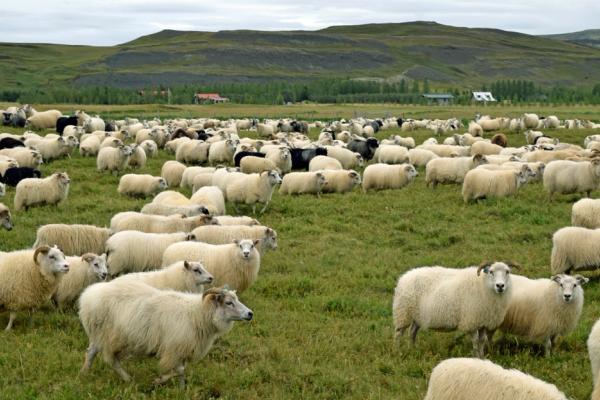
Isolation and Purebred Status
Due to Iceland's isolation, the Icelandic sheep remained a purebred breed for centuries, with no crossbreeding or introduction of new breeds. This isolation has resulted in a unique breed of sheep that is well-adapted to the harsh Icelandic environment.
The Role of Icelandic Sheep in Iceland
Meat Production
Icelandic sheep are primarily raised for their meat, which is a staple in the Icelandic diet. The meat is lean and flavorful, making it a popular choice for traditional Icelandic dishes such as lamb soup and smoked lamb.
Milk Production
In addition to meat, Icelandic sheep also provide milk, which is used to make a variety of dairy products such as cheese, yogurt, and skyr (a traditional Icelandic dairy product similar to yogurt). The milk from Icelandic sheep is known for its high fat content, making it ideal for cheese and other dairy products.
Wool Production
One of the most remarkable aspects of Icelandic sheep is their wool. The wool from Icelandic sheep is known for its exceptional quality and is highly sought after by knitters and weavers around the world. The wool is soft, warm, and water-resistant, making it perfect for creating warm and durable clothing.
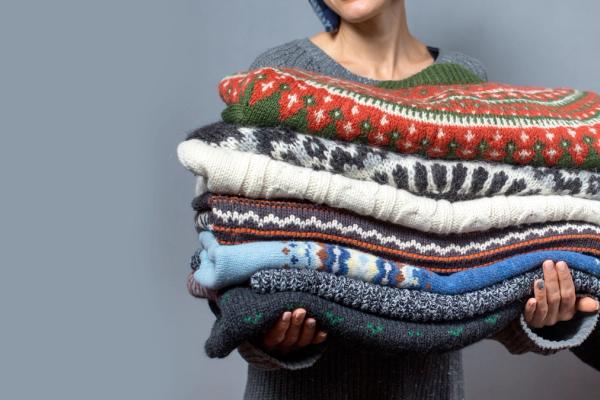
Sustainable Grazing
Icelandic sheep play a crucial role in maintaining the Icelandic landscape. These hardy animals are well-suited to the harsh terrain and can graze on vegetation that other animals cannot. This makes them an essential part of sustainable grazing practices in Iceland, helping to prevent overgrazing and maintain the delicate balance of the ecosystem.
The Wonders of Icelandic Sheep
Adaptability to Harsh Environments
Icelandic sheep are incredibly adaptable to harsh environments, making them well-suited to the rugged Icelandic landscape. These sheep have a double coat of wool, with a soft inner layer for insulation and a coarser outer layer for protection against the elements. This unique coat allows them to thrive in the cold and windy conditions of Iceland.
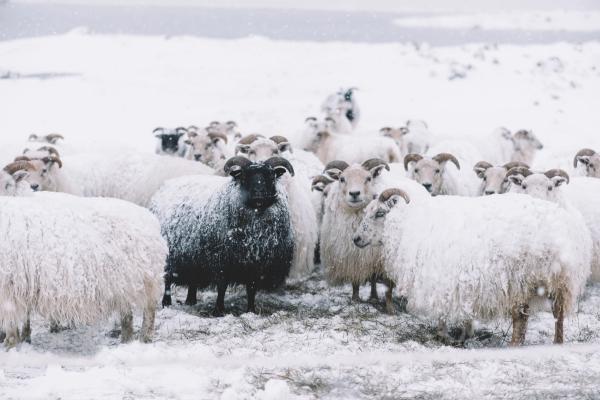
Hardy and Resilient
celandic sheep are incredibly hardy and resilient animals. They are known for their ability to withstand harsh weather conditions, including heavy snow and strong winds. These sheep are also resistant to many common diseases, making them a low-maintenance and sustainable choice for farmers.
Multiple Colors and Patterns
One of the most remarkable things about Icelandic sheep is the variety of colors and patterns found in their wool. These sheep can come in a range of colors, including white, black, brown, and grey, and can also have a combination of colors and patterns in their wool. This diversity makes Icelandic wool highly sought after by knitters and weavers, as it allows for unique and beautiful creations.
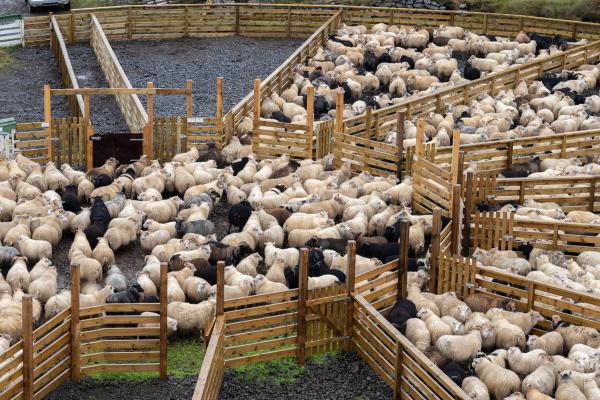
Long Lifespan
Icelandic sheep have a longer lifespan than most other breeds of sheep, with some living up to 20 years. This is due to their hardiness and resilience, as well as the fact that they are not bred solely for meat production. This longer lifespan allows for a more sustainable and ethical approach to sheep farming.
The Future of Icelandic Sheep
Preservation of the Breed
In recent years, there has been a growing interest in preserving the Icelandic sheep breed and its unique characteristics. This has led to efforts to increase the number of purebred Icelandic sheep and promote sustainable farming practices to ensure the breed's survival.
Global Popularity
The popularity of Icelandic sheep and their wool has spread beyond Iceland's borders, with many countries now raising these sheep for their meat, milk, and wool. This global interest in Icelandic sheep has helped to increase the breed's population and ensure its continued existence.
Conclusion
Icelandic sheep are a remarkable breed of sheep that have played a vital role in the history and culture of Iceland. From providing food and wool to helping maintain the delicate balance of the Icelandic landscape, these hardy animals are an essential part of the country's economy and identity. As efforts to preserve and promote the breed continue, the wonders of Icelandic sheep will continue to be appreciated by people around the world.
